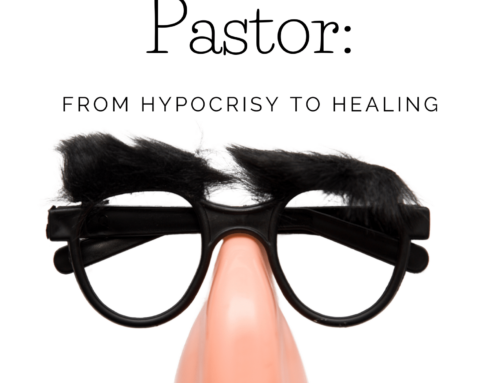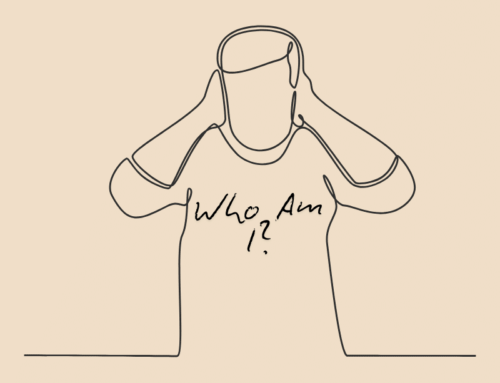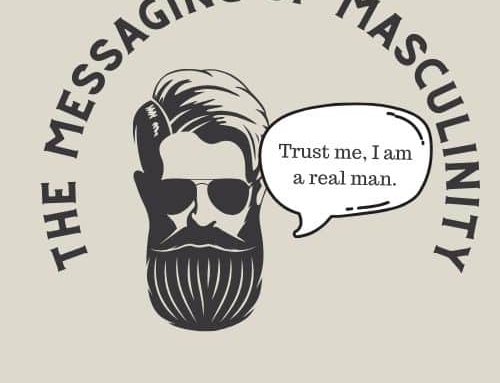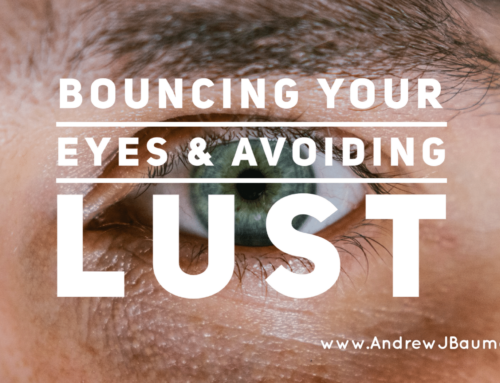Fantasy is an effective tool of escape. It soothes wounds and calms the anxious heart. Yet, this commitment to escapism leads to a cowardice in facing our most wounded places and takes a serious toll on how we live and relate. Engagement with fantasy teaches us that relief is more important than relationship. Intimacy is risky, yet fantasy can feel like safety. In fantasy you get to control or be controlled; you get to feel powerful or weak, and you can choose whatever world you desire. Yet, it’s void of what we all truly long for—intimacy and connection.
I remember my first foray into the world of fantasy when I began to use females to soothe my anxious heart. The year was 1990; I was eight years old. My parents got separated the year prior. My siblings, mom, and I were living in a new state apart from my father. I was entering Balfour Elementary, 3rd grade with Mrs. Fossil. I was scared and did not know what was happening around me or why my father was no longer with us. I was alone in our basement watching The Little Mermaid. I remember Ariel’s beautiful voice, her kind and loving desire toward Eric, and her reminding me of Amanda Baker, my 2nd-grade crush. I cried as I thought of her. Maybe returning to her could make me happy again? Of course, my tears had nothing to do with Amanda, I barely knew her. My grief was about the condition of my life, my parent’s break-up, my loneliness, my longing to be loved and held, and I found something in my life that represented safety and security. Thinking of Amanda helped me forget the tragedy of my own family, and how lonely and depressed I was as an eight-year-old boy. My fantasy life rescued me from a heartache that was too much for me to hold. These types of foundational stories are important to explore and are what I call “fantasy roots.” Fantasy roots are when a soul tie is created through a potent moment in time of self-soothing, and your fantasy structures are cemented into our being. Without kindly exploring these fantasy roots they can remain guiding your life from the shadows.
My fantasy form of coping grew and morphed five years later into using pornography compulsively, and although this behavior looked different than watching The Little Mermaid, the roots are the same—finding relief from pain through using the female. This is why we must be kind and curious about our addictions. We must have the courage to radically bless our stories rather than only curse and dismiss them as merely “bad” or “evil.” One of the best books out there on the subject is, Unwanted, written by my friend, Jay, check it out.
In conclusion, will you be curious about your fantasy life and listen to what tells you about your healing journey? Will you continue to grieve boldly, and live in the truth of this glorious and broken world? You will not regret it living with such integrity.






